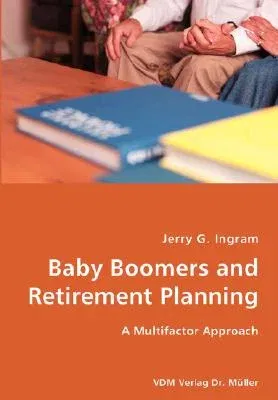Reports consistently indicate that baby boomers are unprepared for
retirement, a potentially long phase of life. Many studies have targeted
financial planning to the exclusion of other important aspects of
retirement planning, namely, the concomitant psychosocial factors.
Accordingly, this study examined retirement planning in the following
five key areas: general, financial, work, health, and lifestyle.
Specifically, this study's primary purpose was to examine the
relationship between both role clarity and internal locus of control and
past, current, and future retirement planning. Secondary purposes were
to examine: a) the relationship between internal locus of control and
role clarity; b) the relationship between internal locus of control and
past retirement planning; c) the effect of past retirement planning on
current and future retirement planning; and d) the effect of past
retirement planning on role clarity. The study also examined the
influence of personal background factors on past, current, and future
retirement planning and on internal locus of control. Multivariate
analyses highlight the role of past retirement planning and indicate the
importance of funding, implementing, and maintaining retirement
education programs to engage baby boomers in retirement planning. The
findings can be used by researchers, policy makers, practitioners, and
retirement planners.


